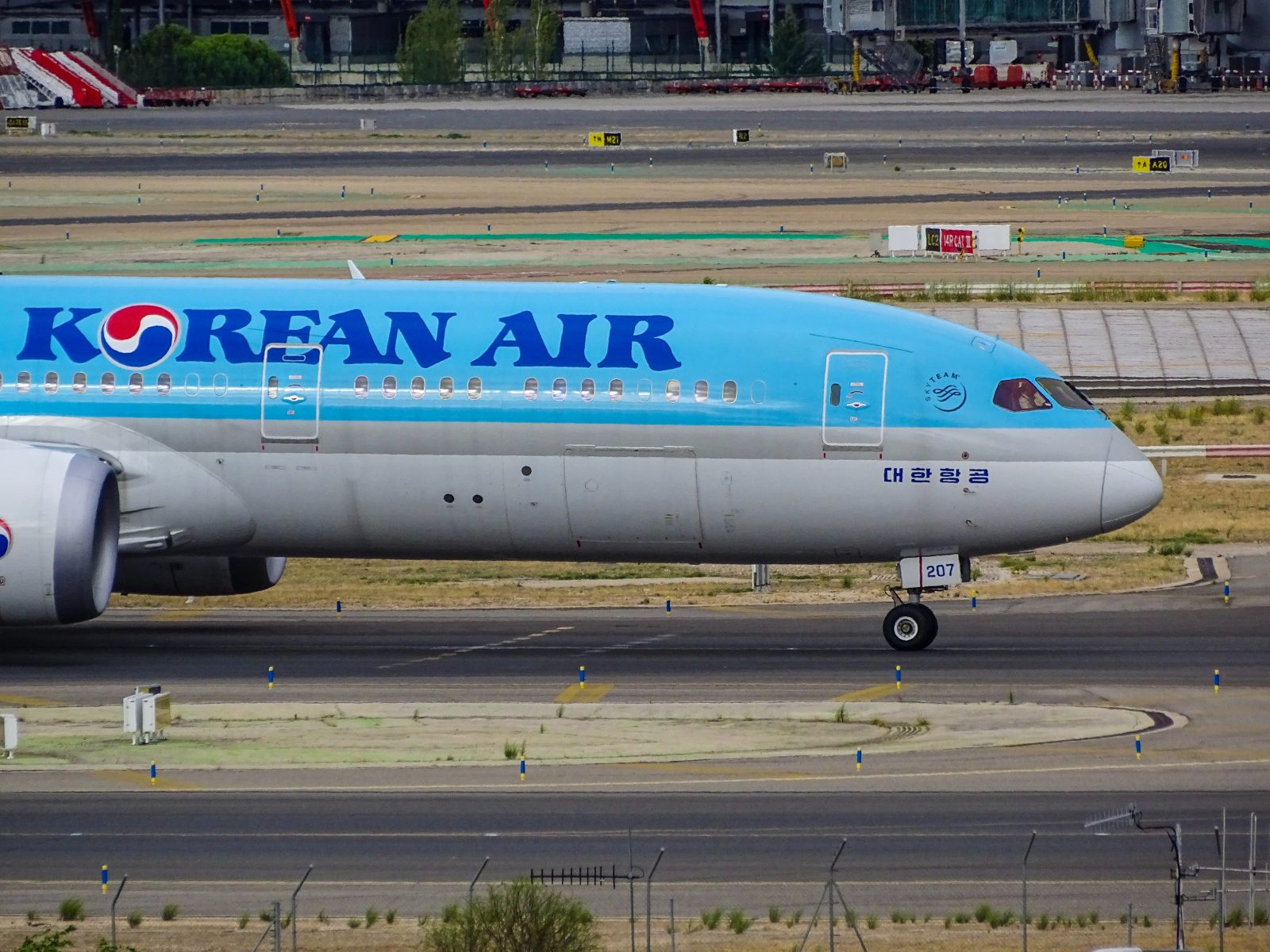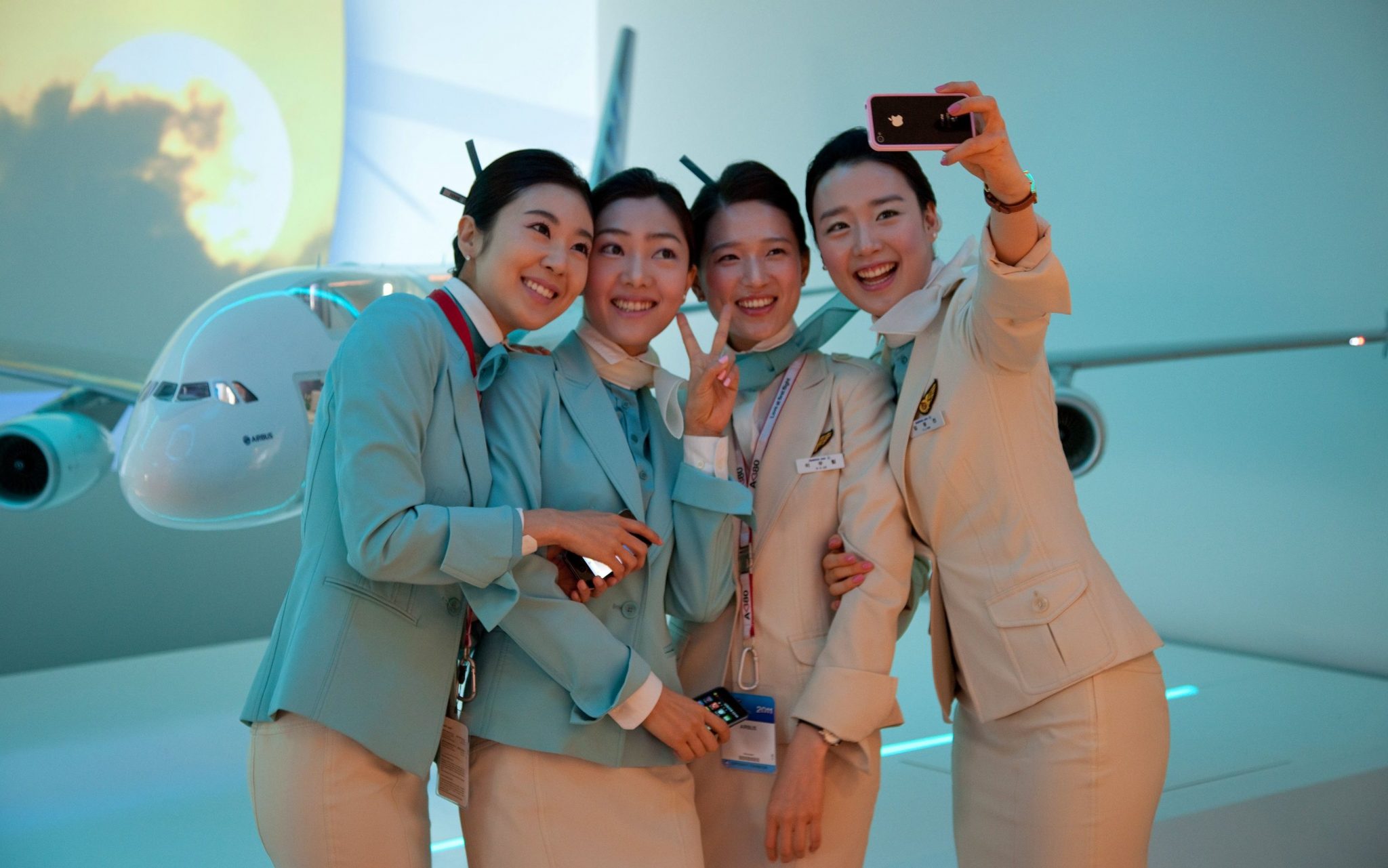
Korean Air is calling on cabin crew to take unpaid leave amidst a trade and political dispute between South Korea and Japan that has seen air travel demand between the two countries seriously hit and a number of key routes suspended. The airline, however, has claimed the offer of unpaid leave of up to six months isn’t related to rising losses but rather is aimed at improving employee satisfaction.
In the last few months, Korean Air has been forced to drop flights to several Japenese destinations in light of the worsening diplomatic and economic row. In September, the airline axed flights between Busan and Sapporo, as well as Busan and Osaka. Next month, Korean Air will suspend services between Jeju and Tokyo Narita and Osaka.
The carrier also plans to start operating smaller aircraft on a number of other Japenese routes to “avoid snowballing losses”.
It comes after South Korea and Japan instigated tit for tat economic sanctions against one another following the ruling of a South Korean court over wartime forced labour. Tokyo removed Seoul from its list of official trade partners in August after the South Korean court ordered Japenese companies to pay compensation to victims of forced labour during World War II.

According to the Japan National Tourism Organisation, Koreans were the second largest group of travellers to Japan, accounting for over 24 per cent of tourists. Inbound tourism to Japan from South Korea was already falling before the recent political tensions which have now gone into freefall, alongside a widespread “Boycott Japan” movement.
With no improvement on the horizon, Korean Air has now offered cabin crew and some other employee groups the opportunity to take unpaid leave for up to three months between November and May. The period of unpaid leave may be extended by a further three months depending on the airline’s needs.
This is the first time that Korean Air has offered short time unpaid leave – a strategy frequently adopted by many international airlines to manage surplus crew numbers during periods of waning demand.
“We have had unpaid leave before but employees have usually not used it because the periods were too long at one to three years,” a spokesperson from Korean Air was quoted as saying by the English language Korea Times.
“There has been high demand for short-term leave of about three months, though,” the spokesperson continued.
Korean Air reported a $350 million loss in the next six months of the year – alongside the dispute with Japan, the airline has also taken a hit from intense competition from low-cost airlines, as well as lower cargo demand and a weak Won.
Mateusz Maszczynski honed his skills as an international flight attendant at the most prominent airline in the Middle East and has been flying ever since... most recently for a well known European airline. Matt is passionate about the aviation industry and has become an expert in passenger experience and human-centric stories. Always keeping an ear close to the ground, Matt's industry insights, analysis and news coverage is frequently relied upon by some of the biggest names in journalism.







